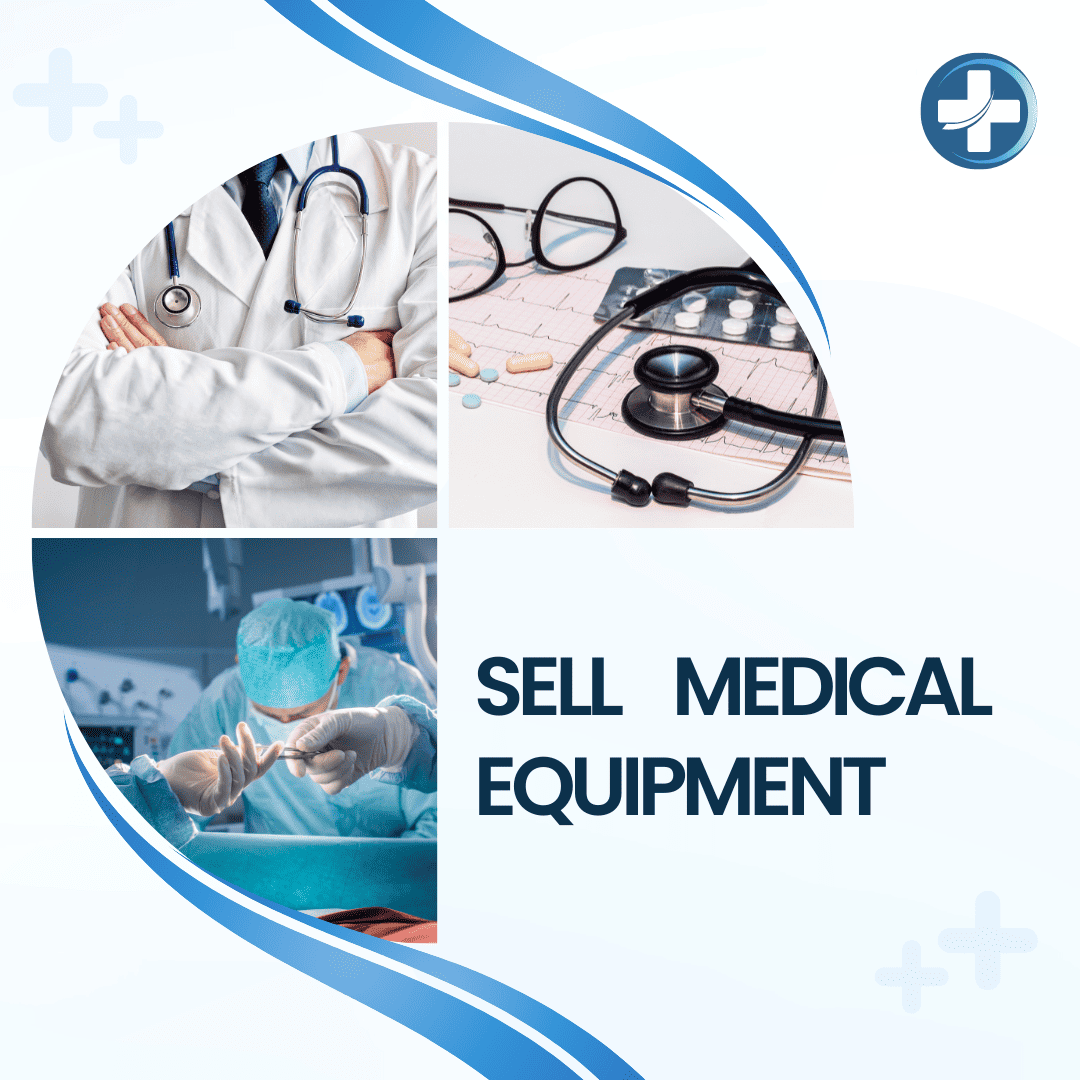A Comprehensive Guide To Business Development For Beginners
Whenever you ask someone what business development means, the answer you are more likely to get will often turn towards the sales process. While B2B selling is involved in new business development processes, it needs to consider much more than this. You will get an insight into business development, how it looks like in different departments, and how can you set development goals for your organization.
A Quick Overview of Business Development
It is actually a process of analyzing how can someone improve the working, financial standing, results, overall value and reputation of a company. Each department plays a pivotal role in planning, deciding, managing, developing, and executing different activities to improve the stature of a business in the market.
The majority of the business development goals are interconnected as one goal can impact other areas of the business positively and help drive more value. However, the true essence of development might vary for different companies due to the variations in scope, size, purpose, and strategic planning.
What Does Business Development Actually Mean?
If you think that business development is just about implementing various sales techniques and getting to know how to be a great salesman, then you have been thinking wrong all the way. In fact, business development is a general term that takes into account all company strategies, ideas, and departmental activities. A combination of all these activities goes into improving the overall business working and navigating through various stages of the business cycle.
Thus, growing sales and improving revenue are just a few aspects of potential growth and development objectives. Therefore, the entire company should take part in devising the ways of business development.
For instance, an organization might exert all the efforts into business development. It means improving revenue will involve sales and marketing, along with product research and development. On the other hand, business development might involve entering into a new geographic region or joining hands with strategic partners to improve business output.
As you got an idea about how diverse the objectives of a business can be, business development needs a lot of specialized expertise from experienced professionals. The competencies can be knowing how to develop an efficient strategy, keep up with changing market trends, nurture clients or customers, and proven methods to close more deals.
How does it work In each department?
From finance and marketing to vendor management, several departments play their role in the growth and development of a business. Let’s look into each department to analyze how it looks like in them.
Finance
In terms of saving on business costs, the finance department works as the building block of a business. To improve the overall working of a business, it is crucial to look beyond the sales funnel. For this reason, businesses should consider different cost-cutting measures that can help companies to be in a better position by embracing the benefits of impending growth opportunities. The internal and external audits that revolve around the overall spending of the business in the company comes under the finance department.
Marketing and Sales
The marketing and sales department is responsible for targeting certain opportunities and attracting prospects to realize business goals. The major concern of marketing and sales is improving business revenue and bringing more business through brand awareness, promotions, campaigns, market expansion, product/service development, and more. Thus, they set specific goals to accomplish as a part of their business development technique.
Vendor and Product Management
Business development activities go into different geographical lines and take into account various products and market. This is when a significant amount of work is dedicated to this aspect. It involves product management, legal aspects, and the manufacturing department, as all of these departments work together to make sure that business development activities are in line across different countries. These business activities might involve the services of outside vendors who need to be managed efficiently to handle logistics and supply chain issues.
Strategic Partnerships
The strategic partnership works in line with all the departments and takes responsibility for the tasks to determine and identify local strategic partnership candidates.
Business Planning
The major tasks of the business planning department include making decisions related to manufacturing locations, analyzing new business opportunities, and using additional resources to take help in business expansion efforts. This department work in partnership with the management and implementation departments to execute planned objectives efficiently.
The Primary Objectives
As every department is involved in the business development process, some specific goals should be developed while focusing on the company’s improvement. Here are some of the business objectives that every organization wants to accomplish:
- Increase profitability
No matter in which industry a business is operating, the main purpose is to earn higher profits. Earning more revenue means that you will have enough funds to reinvest in processes to achieve various business development goals. In addition to this, the extra money can also be used to expand the business and enter into new market territories. You can also improve the overall profitability of your business by reducing costs. For instance, the office rent cost can be minimized by downsizing into a smaller office by allowing employees to work from home.
- Improve Customer Response Time
Do you know what set you apart from your counterparts and insist on your customers to make the purchase? Faster response time.
The time a company takes to respond to the needs and queries of the customers is one of the deciding factors of a business’ success. In general, the satisfied customer will return to a business to drive revenues for business development goals. The quick response time will lead to customer satisfaction, and they will refer your services and products to others.
The first step to improving response time is to analyze the pitfalls. Do you have enough customer service staff to entertain customers? Is the response time lagging due to improper training of employees? Answer to these questions will give you a track to direct your efforts in deploying quantifiable metrics to achieve set goals.
- Operational Efficiencies
To drive operational efficiencies, it is crucial that business should get experienced professionals on-board. Businesses can drive better results while investing less money. Thus, it frees up time and saves money to invest in developing a robust sales team. The efficiency goals will take into account various aspects of improving the sales closing ratio by speeding up the lead or conversion time of the salespersons. However, a specific timeline should be set to get operational efficiency.
- Expand Business Operations
No matter how giant your venture is, there will be certain untapped market segments that can add up to your revenues. As you will be serving more customers, your products or services will be available to more people. Thus, a business can gain economies of scale by expanding production and negotiating a better rate for raw material due to mass production.
Spearheading Business Development
Different people will refer to business development in different. The meaning and goals of business development will be different for sales, customers, marketing, partnerships, new products and services, or market expansion. However, none of those interpretations is wrong because the underlying purpose of each department is the same. Business development initiatives aim to bring long-term value to an organization by taking steps for continual improvement. No matter if you are the owner of a startup or handling an already established business, development is what drives business success.








